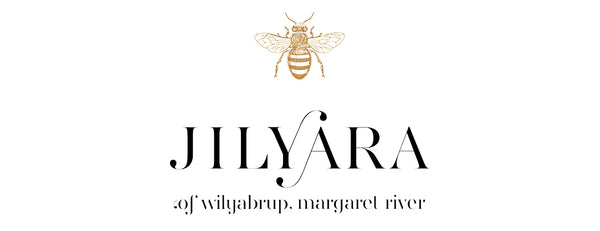Sustainability Study MRWA & Jilyara
Transitioning to Lightweight Glass
Project Overview
Driven by a commitment to sustainability and to reduce their carbon footprint, Jilyara began transitioning to lightweight glass in 2024. The shift has been carefully phased to avoid unnecessary waste or costs. Jilyara is depleting existing carton stock while gradually incorporating lightweight glass bottles. Where possible, thicker dividers are being added to existing cartons to accommodate the slightly smaller bottle dimensions.
A full transition will take several years, as existing cartons are used up, ensuring environmental and economic responsibility throughout the process.
Background
Packaging and transportation account for up to 74% of wine’s greenhouse gas emissions. Among potential solutions, transitioning to lightweight glass presents one of the fastest and most effective ways to reduce emissions (Hirlam, 2023). This relatively straightforward change can cut emissions by approximately 22%.
The Sustainable Wine Roundtable Bottle Weight Accord has gained significant traction, with major retailers such as Systembolaget (Sweden), Wholefoods (US), Naked Wines (US & UK), Lathwaites, Waitrose, and The Wine Society (UK) committing to reducing the average weight of still wine bottles sold to 420 grams by 2026. Recently, Naked Wines Australia and Endeavour Group have joined this initiative, signalling a broader market shift in Australia.
While some producers express concerns about consumer perceptions of lighter packaging, research indicates
that bottle weight is among the least significant factors influencing wine purchasing decisions (Robinson, 2023).
For this case study, lightweight glass is defined as a 750ml still wine bottle that weighs under 420 grams when empty.
If you like to read the complete study please contact us or MRWA
